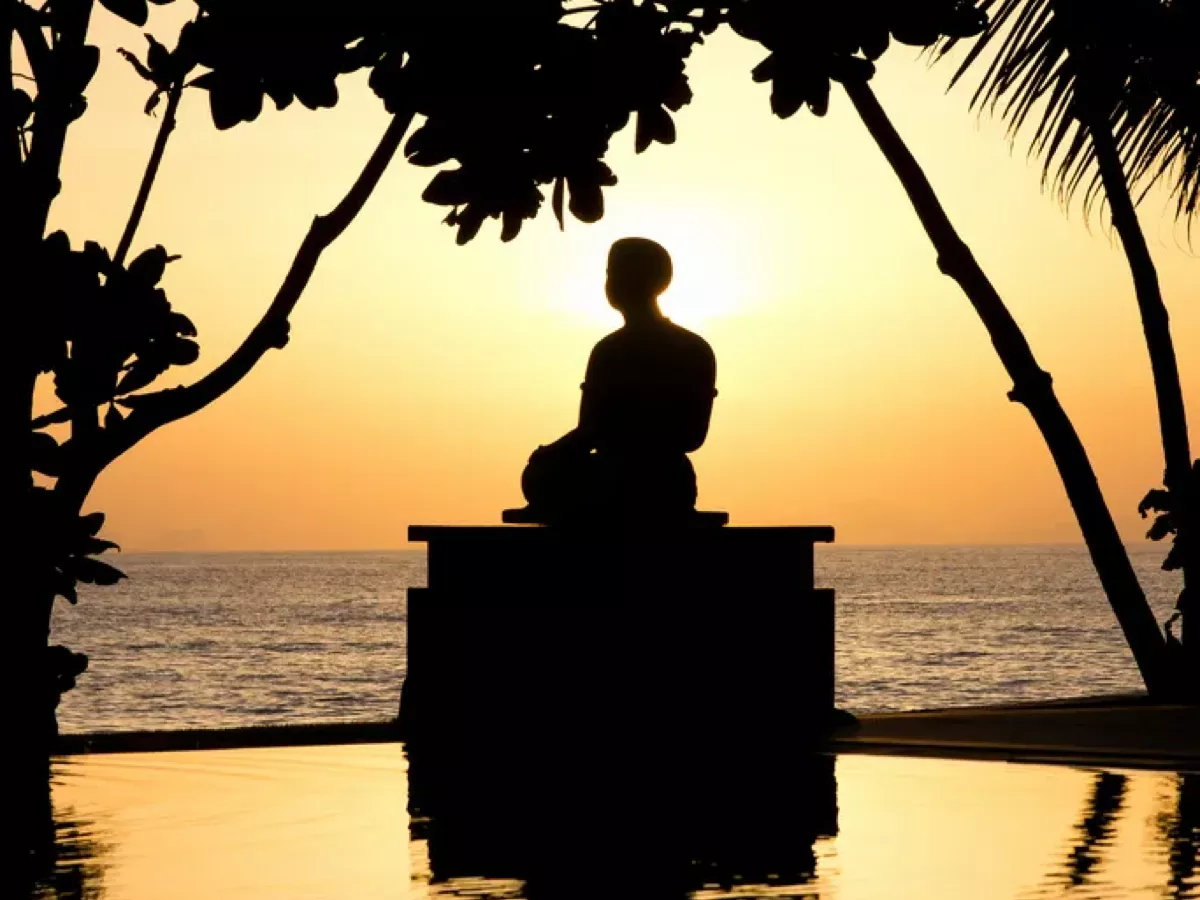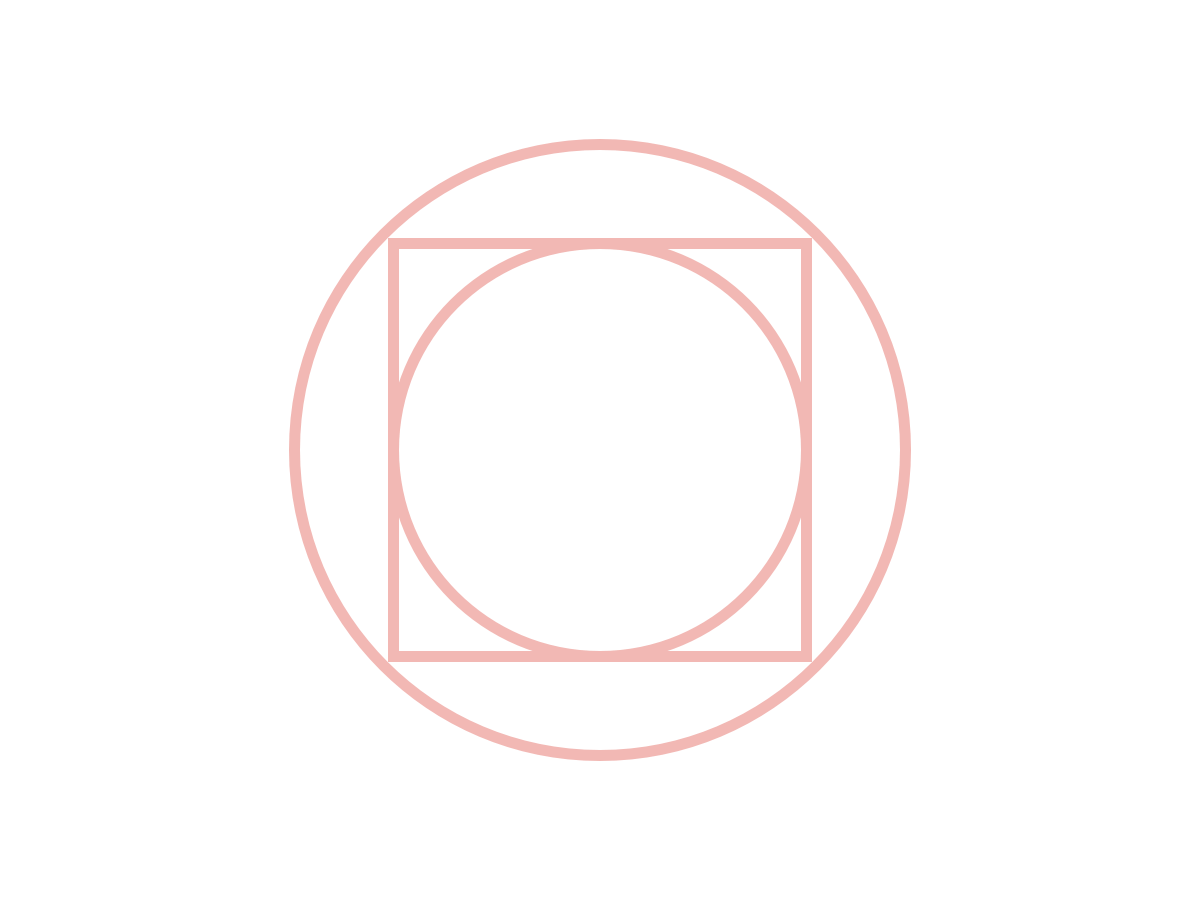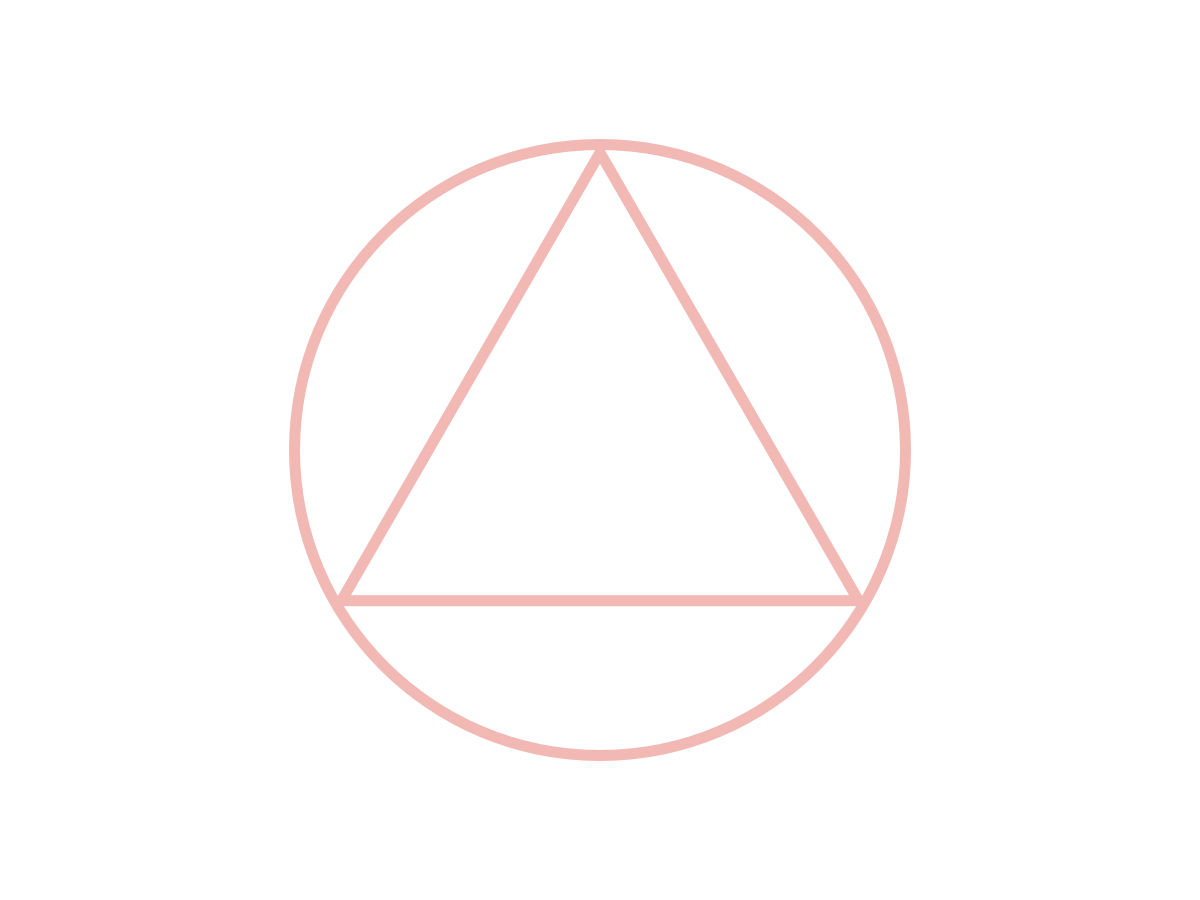I believe it’s necessary to undo the culture of being busy.
I’m used to mistaking priority with availability, and much too often blame my sense of busy instead of my sense of importance when determining how to prioritise tasks.
I also believe in hacking every system around me to reduce it’s inefficiencies. Having noticed that the feeling of busyness had little correlation to feeling completion of my work, I figured it would make sense to eliminate this particular anxiety altogether.
I’ve always tweaked my environment, comfortably tested new technologies, and generally hacked my life wherever possible. My systems change daily and are never final, but these have been working for me.
Particularities:
- My business is run from home
- My city is relatively walkable and has a coffee shop culture (São Paulo)
- My schedule is largely self-determined
- My threshold for using beta technologies is probably above average
Sitting is the new smoking

If enough people show interest, I’ll gladly open-source blueprints of how the desk was designed
The benefits of spending the days on your feet have been researched and outlined by others. It might take you a few iterations before getting the hang of it, but to me, the difference in energy levels is staggering.
I tried different approaches before settling on a self-designed piece costing me approximately €300 to have built and installed. Mounting a Cinema Display to the panel required trials, but the procedure is fully revertible. The setup is fine-tuned to my elbow-and-eye-height while the design itself can easily be adapted to anyone who’s interested in building one themselves.
Schedule around energy levels
Focussing when you’re dispersed can be futile. Similarly, brainstorming when you are energetically depleted after lunch can be frustrating. Every body has fluctuating energy levels throughout the day. Being aware of these patterns, I chose to work around them.
Morning
High energy, dispersed. My mind is usually expansive and curious after I wake up. I spend time at home following links, chatting and reading emails (ridding the urgent immediately). Great time for learning new ideas and giving rapid feedback on ongoing discussions. I set aside daily time for facetiming and brainstorming. Meditation helps bring a close to the dispersed mindset.
Early afternoon
High energy, focused. I try channeling this into developing longer more complex ideas into essays and presentations. I usually work from coffee shops with an iPad + keyboard throughout the afternoons.
Late afternoon
Tired mind, low creative energy. Good time to meet people over coffee, discuss ongoing projects in depth and spend energy exercising.
Evening
High energy, low creativity. Best spent reading articles, watching movies and editing yesterday’s essays. The system is obviously flexible and adaptable. I rely on daily exceptions to keep my curiosity levels up. As a general guideline, however, it has helped me become “holistically productive”. Instead of strewing work randomly across my day, I try enforcing the structure. Instead of taming low energy with caffeine, I work with what my body already does best.

Regular benefits
I eat every three (waking) hours and drink water regularly throughout the day. Working from home causes an absence in structure. No one pulling you aside to tell a joke, nobody heading downstairs to grab a sushi platter, few meetings pressuring your deadlines.
I left my full-time-office position in 2007 to start doing the co-work/home-office thing. Half a decade of combining time and space into novel shapes lets me better understand why these externally imposed limitations to our workdays are fundamental.
Eating every three hours works for my energy/metabolism levels. I never go hungry (meaning I lost 10% body mass in a few months), and I couple self-pre-prepared meals at home with awesome “quilo restaurants” (self-served, fresh food) in my neighbourhood.
Drinking water constantly keeps me on my feet. By not sitting down or standing still very long, I keep a slight pressure on focusing my train of thought. Hot and cold green tea as well as Sodastreamed carbonated water provide enough taste and interestingness for me.
Practice uninterruptability

Nothing in my life buzzes or beeps. No device has interrupt priority over my life. No unscheduled phone calls (haven’t owned a phone since 2012) No new text message notifications grab my attention. No application update banners flash across the screen.
iOS, OS X and Android (in particular) are remarkably difficult to silence completely. I can’t really see the trend of interruptability reverting anytime soon, opting instead of imposed silence whenever possible.
I no longer have ringxiety.
Not being able to be interrupted by noise further helps sharpen my focus.
Working from an iPad is easier than using a Windows laptop, but it’s ultimately a question of self-discipline. There’s no harm in mentally tuning out the noise, but shutting off everything designed to catch my attention has brought positive long-term quality to my thought.

Bonus points: no advertising
I walked blindly into this one. When I moved to a country I didn’t speak the language (Netherlands, 2005) I lost the habit of reading local newspapers and watching television — opting instead for newsfeeds and torrents.
By using AdBlock, web proxies and Readability, I’ve practically eliminated web and magazine ads from my field of view. Opting not to watch movie trailers or the best of Superbowl also helps.
Living in São Paulo further insulates you from most billboard ads.
Realizing how much noise I’d removed from my life, something interesting happened. I find myself wanting much less stuff.
Desiring stuff is optional in life.
We all suspect advertising wreaks havoc on our capacity to self-regulate desire. Living in the absence of imposed behaviour is liberating to a degree that is difficult describing.
Take it from a recovering advertising man: deliberately removing advertising from your life will make you feel better.

Trust the system
Our minds are inept at juggling past & future information while processing the present.
All my self-proclaimed hacker friends have elaborate systems for maintaining notes and tasks. I’m no different, with a setup for past notes, future responsibilities and ongoing tasks spread out across several cross-platform services. My current suite of apps is near-irrelevant. (I spend most my time in Todoist, Workflowy & Simplenote.)
The overall principle is: take note of everything somewhere outside of your brain.
Not having to remember anything can be liberating. Everything is looked up and that’s fine.
This means that if you don’t have a reliable place to write down your thoughts, they will remain in your head, where they invariably cause anxiety.
If you have a trustworthy system for externalizing thoughts, your mind becomes used to relying on the system instead.
By trusting the system, you offload your mind, leaving more space for processing creative ideas instead of having to remember the milk.

Peace of mind
Thoughts do not silence themselves. Anxieties do not voluntarily go away. Minds do not just shut up.
I’ve tried meditation for years, having only recently established a system that works for me (future post). I can comfortably suggest you invest the time to meditate regularly. Meditation develops creativity, focus, memory and compassion & reduces anxiety and stress in the body.
Nobody is above or immune to meditation.
It works regardless of what you believe.
Here is a Google search to get you started. There are more than enough Youtube playlists, Amazon reviews, infographics and reading decks to convince you meditation is worth your time.
Just don’t enable reminders throughout the day as that will scare your desire to meditate with the guilt of not being able to. Practicing meditation it is a matter of self-determination. Don’t let anyone convince you otherwise ;-)



